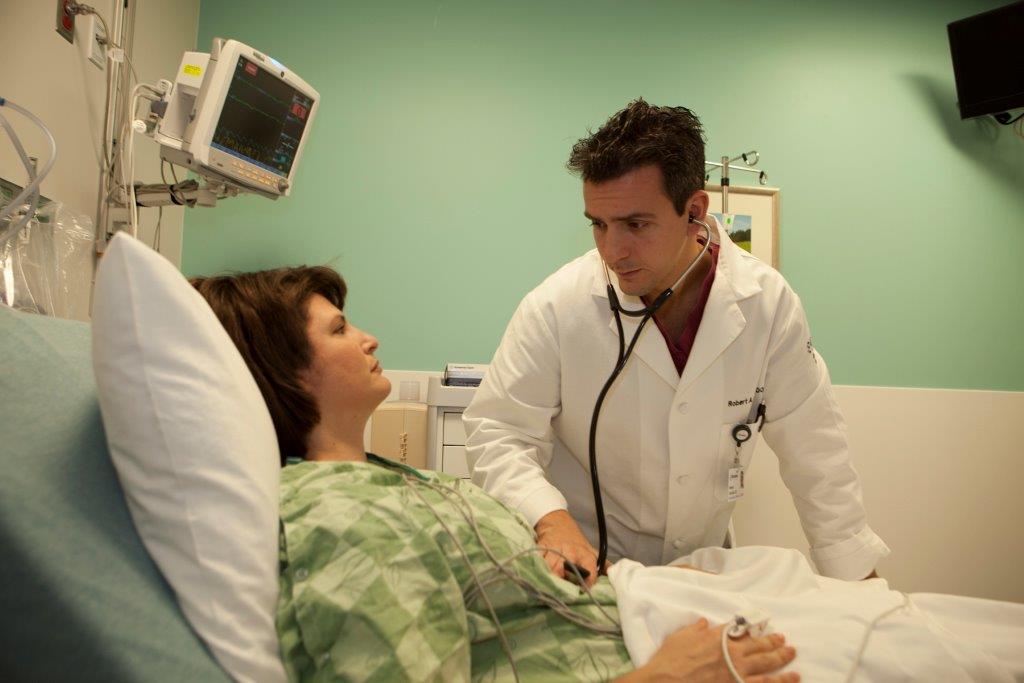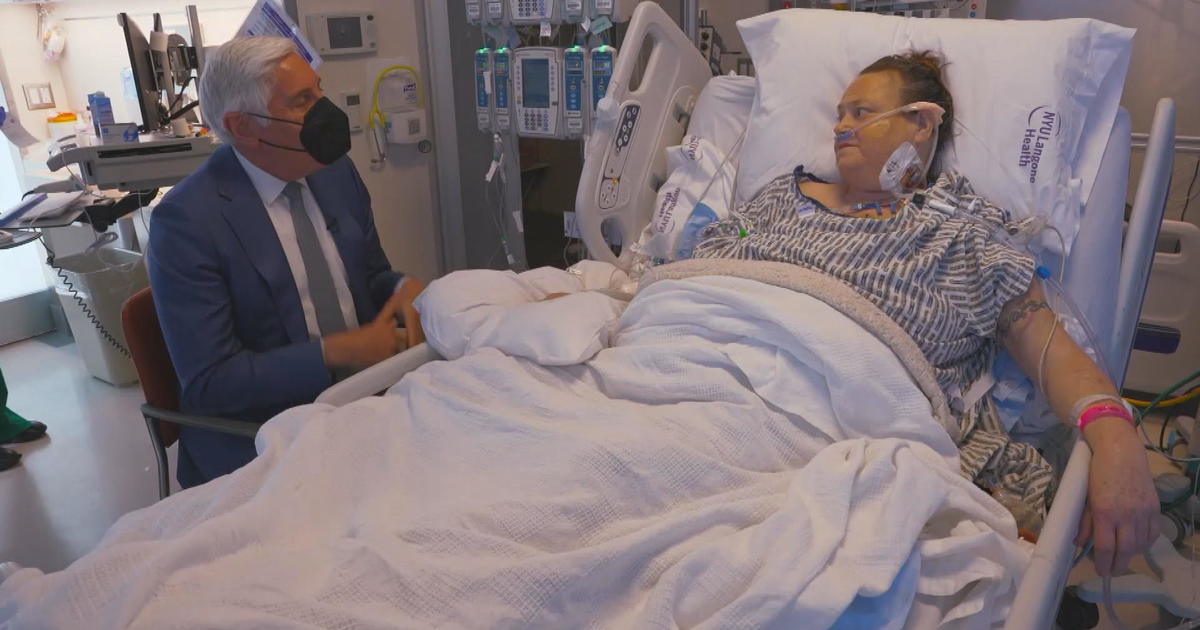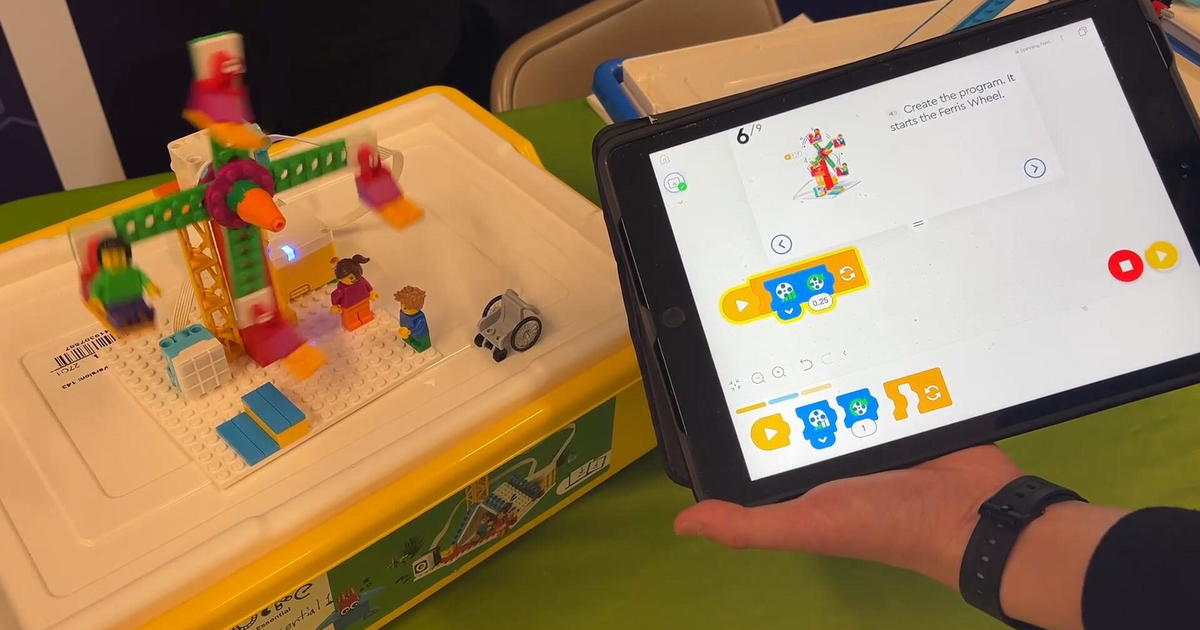Dr. Czincila STEM BLOG
For Robert Czincila, DO, there was virtually no chance that he would not grow up to enter the medical profession and, in a broader sense, science, technology, engineering and mathematics—STEM, for short.
"When I was a child, my family pushed me toward science and math. My father was a podiatrist, and I spent a lot of time with him at the hospital," says Dr. Czincila, chief of Emergency Medicine at Einstein Medical Center Montgomery. "I always had an interest in helping people. And I liked thinking about how things were made and how you could break them down to make something new or different."
For a kid with those inclinations, it helped to be coming of age in a generation in which the first, most rudimentary Apple computers were starting to appear in schools. As an elementary school student, Dr. Czincila remembers writing code to draw shapes on the monitors.

In the practice of medicine, Dr. Czincila is living out his scientific and technical aspirations. And he says he really couldn't have done it without his early enthusiasm for STEM. It informs his work on a day-to-day basis—and the fact is, he believes, a solid grounding in STEM is essential. His youthful exposure and interest in STEM, he says, prepared him well.
Back when Dr. Czincila's entered the profession, he encountered technical changes, certainly. But the amount of information incoming health care practitioners are expected to absorb today is mind-boggling. "When I was younger, we didn't have the abundance of information and technology available to us that we have in our schools today," he says. For physicians well into their careers, there is a clear need to keep up. That's where the foundations of STEM have served him and colleagues well, Dr. Czincila says.
"For physicians, things change daily in regard to how we practice. There are always new therapies and new technologies that come up—for example, being able to use a mobile tablet to share information with a physician who might not be in the same institution we're in," he explains. "We're constantly learning new things. If we didn't have those 'building blocks' it would be very difficult to absorb."

Today, Dr. Czincila and his wife are laying the foundation for a future in which STEM matters for their children. "My wife is a mechanical engineer," he says. "She has spent her life working for (energy company) Exelon on the nuclear side. I tell people she's smarter than I am."
He is sharing one particular early childhood love with his kids as well—a technological interest that might seem to have no bearing on a serious career in STEM. That is, he plays video games with them. And even though video games might seem like child's play, even they can help prepare kids for a life in which STEM matters. After all, video games helped him.
"I remember the day my father brought home a ColecoVision (an early '80s home video game console)," Dr. Czincila says. "I truly believe that when it comes to some of the skills we use, I attribute those to playing video games when we were growing up."



